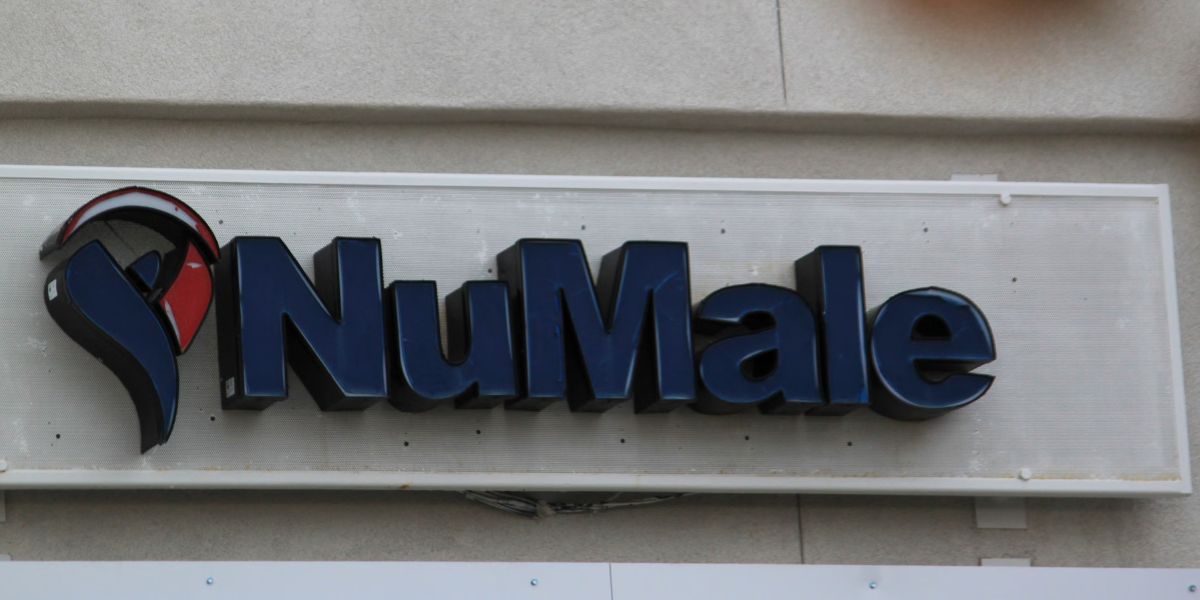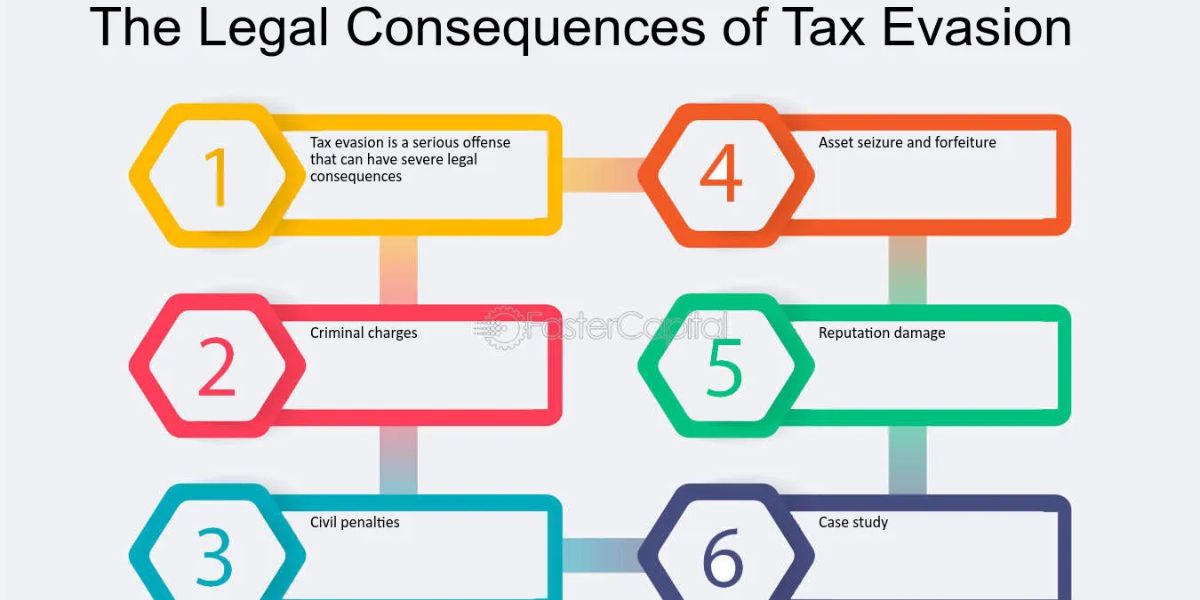In a medical malpractice case involving a men’s health clinic that operates in multiple states, jurors in New Mexico have given a man almost $412 million.
The man’s lawyers applauded Monday’s decision, expressing their hope that it will shield other men from being victims of a scam involving deception and what they called risky penile injections.
According to them, the sum of the punitive and compensatory damages is the highest sum ever given by a jury in a medical malpractice case in the United States.
“It’s a national record setting case and it’s righteous because I don’t think there’s any place for licensed professionals to be defrauding patients for money. That is a very egregious breach of their fiduciary duty,” Lori Bencoe, one of the lawyers who represented the plaintiff stated. “That’s breach of trust and anytime someone is wearing a white coat, they shouldn’t be allowed to do that.”
The award comes after an Albuquerque trial earlier this month that focused on claims made in a 2020 lawsuit the man’s lawyers filed. Defendants included representatives of NuMale Medical Center and the business.
The complaint claims that the individual, who was 66 at the time, came to the facility in 2017 to seek treatment for weight loss and exhaustion. It is said that the clinic misdiagnosed him and treated him needlessly with “invasive erectile dysfunction shots,” which resulted in permanent harm.
The out-of-state medical firm set up a “fraudulent scheme to make millions off of conning old men,” according to Nick Rowley, another lawyer on the plaintiff’s team.
“While we respect the judicial process, due to ongoing legal proceedings, we cannot comment on specific details of the case at this time,” he stated.
A man in Florida shoots and kills his 5-year-old son before shooting himself: HCSO
Additionally, Colorado, Florida, Illinois, Nevada, Nebraska, North Carolina, and Wisconsin are home to NuMale clinics.
Jurors determined that the defendants’ dishonest and careless actions caused the plaintiff to suffer losses, according to court documents. They also discovered that the defendants’ unethical actions were against the Unfair Practices Act.


 by
by 




